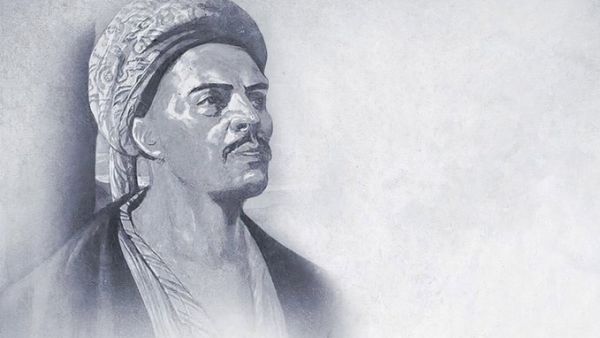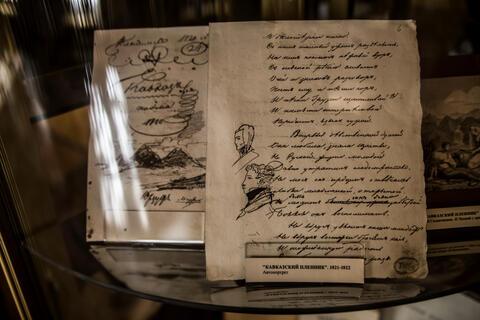A Turkish cultural institute in South Africa is planning to translate some of the works of revered poet Yunus Emre into African languages to enable the continent to understand what he symbolized.
“UNESCO has dedicated 2021 as Yunus Emre Year, so we are planning to translate some of his works into the Zulu and Xhosa languages, which are widely spoken in South Africa, as well as the Swahili language spoken in many countries on the continent,” Gokhan Kahraman, coordinator of the Yunus Emre Institute in Johannesburg, told Anadolu Agency.
#KnowingIslamicHistory
— Senator Faisal Javed Khan (@FaisalJavedKhan) May 4, 2020
After @DirilisDizisi Ertugrul PM Imran Khan wants Yunus Emre يونس امره (Aşkin Yolculuğu) to be telecast in Pakistan.
Yunus Emre (the Dervish) was an Islamic poet, a mystic & a poor villager. Story of a great Sufi wholly dedicated to ALLAH & searching... pic.twitter.com/xwdTGOHf8I
Kahraman said the institute is in the process of organizing a conference to jointly look at the works of South African poet Es’Kia Mphahlele and Yunus Emre, who shared similar values.
‘‘With this joint conference, we shall have the opportunity to share and promote the values of both countries," he said, adding this will fulfil one of the institute’s objectives, which is to bring friendship between the peoples of Turkey and South Africa.
Kahraman also said they will be introducing classic Turkish archery games in South Africa as a sport and the three best participants will be taken to Turkey to compete among 200 participants drawn from the 61 global Yunus Emre cultural centers.
[FEATURE] Turkish poet’s work to be translated into African languages
— ANADOLU AGENCY (@anadoluagency) June 4, 2021
13th and 14th century poet Yunus Emre is symbol of human values, love and social peacehttps://t.co/AwCWhe57Yu pic.twitter.com/Kem7iP12LQ
Democracy and National Unity Day
They have also planned a photo exhibition in memory of the July 15, 2016 failed coup in Turkey to show South Africans what transpired in the country in conjunction with Anadolu Agency’s photos at the institute’s Mandela Hall.
Kahraman said the exhibition will last two weeks, and on the opening night, a digital panel will be organized with the participation of people including journalists and officials who were injured on that night.
Last year, the institute put up billboards in Cape Town, Johannesburg, Pretoria and Durban on the anniversary of July 15, thanking South Africans for supporting and standing with Turkey during Democracy and National Unity Day on July 15.
The Turkish Cultural Center was named after Yunus Emre who lived between the 13th and 14th centuries.
His works contributed to the development of the Turkish language and his poems gave messages that aimed at peaceful co-existence.
He discouraged any form of discrimination based on either religion, language or race.
Yunus Emre is a symbol of human values, love and social peace. The cultural center aims to maintain this basic philosophy in all its activities.
This article has been adapted from its original source.











